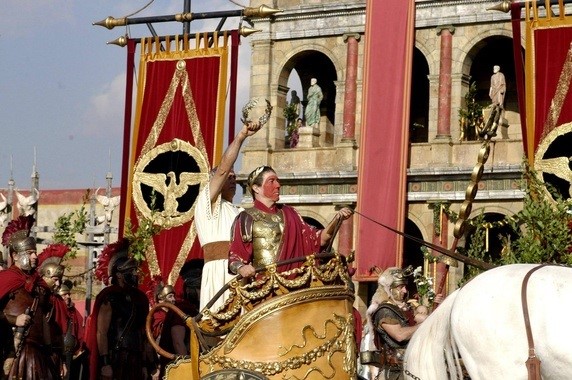
To listen to today’s reflection as a podcast, click here
For most people, climbing Mt. Everest is a peak experience in more ways than one.
Reaching the summit of the 29,032-foot mountain means you can justifiably claim to have stood “on top of the world.”
Getting there is also likely to require more stamina, perseverance, courage, and risk-taking than the vast majority of Earth’s fellow citizens will ever be compelled to muster. No wonder climbers experience a peak rush of satisfaction and accomplishment.
Then again, it can also cost you your life.
There are literal reminders of that all along the way to the top. Since expeditions began in the 1920s, more than 300 climbers have succumbed to Everest’s extreme cold, dangerously low oxygen levels, fierce winds, and inhospitable conditions. Eight climbers have died just this year.
At least 200 corpses remain on the mountain, frozen in place. Some, like “Green Boots” and “Sleeping Beauty,” have become familiar landmarks along the steep, ice-covered path to the summit.
As climate change continues to thin Mt. Everest’s snow and ice, exposing more and more of the fallen, the government of Nepal has commissioned teams to bring the bodies down for identification and burial. In the words of Tshiring Jangbu Sherpa, who led a recent retrieval expedition, “It is extremely difficult.” Teams of climbers risk their own lives to retrieve some of those left behind.
Even as first-time climbers trudge towards the summit seeking a life-defining peak experience, they are compelled to remember their own mortality.
They may talk themselves into believing “that will never happen to me.”
But one day, of course, their journey will come to an end. No one gets out of this world alive.
A similar message was memorably delivered during the heyday of the Roman Empire when victorious armies were granted the equivalent of a ticker-tape parade.
The conquering soldiers would march in formation before admiring crowds through the center of Rome. Confiscated treasures, the spoils of war, were held aloft for all to see. Captives in chains – bound for slavery or for gladiatorial combat in the Colosseum – walked despondently in the rear.
But the spotlight clearly belonged to the commanding general.
Standing in his chariot, literally holding the reins, he wore ceremonial robes. His face was painted red. A slave, dressed in white, stood behind him, holding above his head a laurel wreath, symbolizing victory.
And every few moments the slave would lean forward and whisper two words into the general’s ear: memento mori.
That’s Latin for “remember that you are going to die.”
Or more loosely translated, “I know you think you’re hot stuff right now, but this moment isn’t going to last. And neither are you. So stay humble.”
Memento mori.
Remember that you’re not always right.
And you’re not always the smartest person in the room.
And you didn’t get your big wins all by yourself.
And you’re not even the source of your next heartbeat or your next breath.
And your life could end even before this day ends.
As Paul reminds us, “So, if you think you are standing firm, be careful that you don’t fall” (I Corinthians 10:12).
And as Eugene Peterson renders the same text in The Message: “Don’t be so naive and self-confident. You’re not exempt. You could fall flat on your face as easily as anyone else. Forget about self-confidence; it’s useless. Cultivate God-confidence.”
No matter what you experience today, you’re not really holding the reins.
Pay close attention to what you see on your way up the mountain.
Stay humble.
